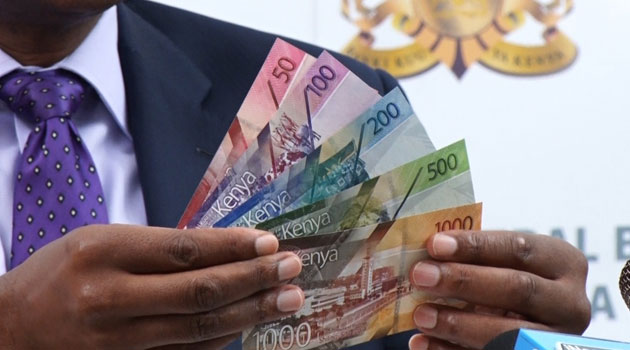
In 2024, Kenyans living abroad sent home a remarkable Sh651.7 billion in remittances, reflecting an 18% increase from Sh543.3 billion in 2023. This surge translates to an additional Sh98.4 billion, highlighting the growing importance of remittances as a vital source of foreign income for the country. Notably, December 2024 saw remittances reach Sh57.8 billion, marking a 5.2% increase from November's Sh54.9 billion [206d69df].
The United States emerged as the largest contributor to these remittances, accounting for 51% of the total. This trend underscores the significant role that the diaspora plays in supporting the Kenyan economy, alongside other key sectors such as tourism and horticulture. In 2023, Kenya earned Sh352.54 billion from tourism, while tea exports contributed Sh203.71 billion in the 2023/24 fiscal year [206d69df].
As remittances continue to grow, they are becoming increasingly crucial for Kenya's economic stability, providing families with essential financial support and contributing to overall national income. The Central Bank of Kenya has acknowledged the importance of these inflows, which not only bolster household incomes but also help to stabilize the local currency [206d69df].
This upward trend in remittances aligns with a broader pattern observed in several countries, where expatriate communities are playing a pivotal role in economic resilience. As Kenya navigates its economic landscape, the reliance on remittances is expected to remain a key factor in its financial health and growth prospects [206d69df].